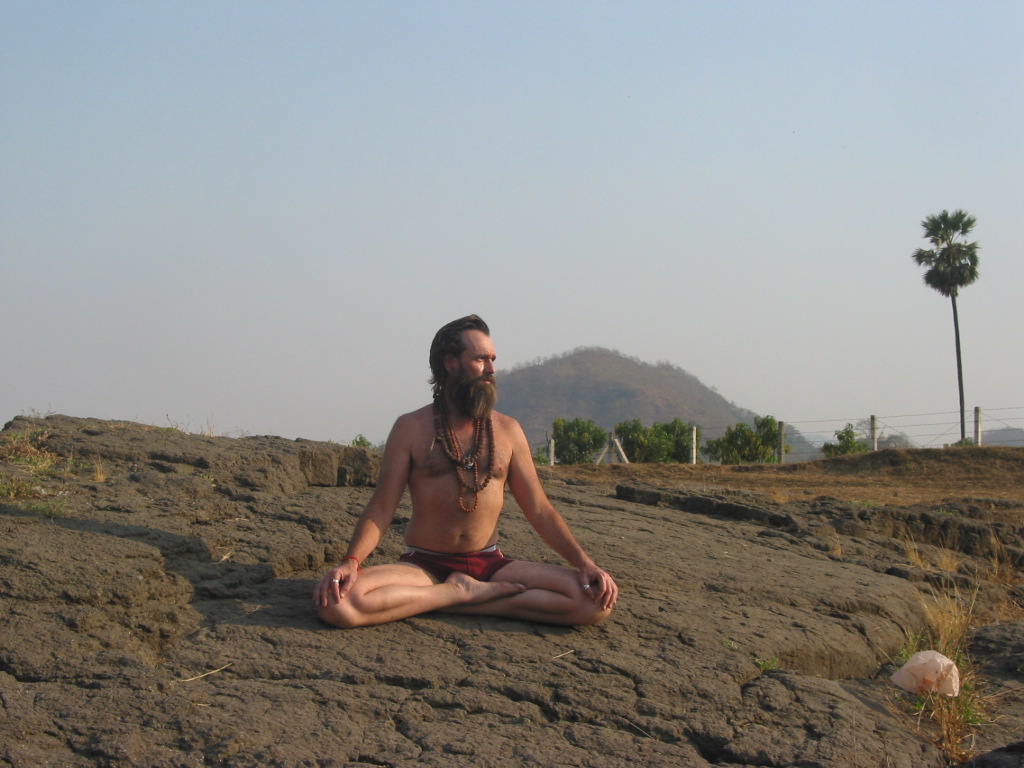Yoga is an ancient practice that has been around for thousands of years, with roots in India. Hatha Yoga is a popular style of yoga that is practiced worldwide, with millions of practitioners seeking to improve their health and wellbeing through this practice. In this comprehensive guide, we will explore what Hatha Yoga is, its origins, its various practices, and the numerous benefits it offers for both the mind and body.
Table of Contents
- Introduction
- Origins of Hatha Yoga
- Principles of Hatha Yoga
- Basic Practices of Hatha Yoga
- Different Styles of Hatha Yoga
- Benefits of Practicing Hatha Yoga
- Common Myths about Hatha Yoga
- Precautions and Contraindications
- Conclusion
- FAQs
1. Introduction
Hatha Yoga is a popular style of yoga that focuses on physical postures, breath control, and meditation. It is often described as a gentle form of yoga that is accessible to people of all ages and fitness levels. Hatha Yoga has become increasingly popular in recent years, with many people seeking its physical and mental health benefits. In this guide, we will explore the origins, principles, and practices of Hatha Yoga, as well as the numerous benefits it offers.
2. Origins of Hatha Yoga
The origins of Hatha Yoga can be traced back to the 15th century in India. The word Hatha is derived from two Sanskrit words – Ha, which means sun, and Tha, which means moon. The practice of Hatha Yoga was developed as a way to balance and harmonize these opposing forces within the body.
Hatha Yoga was first described in the Hatha Yoga Pradipika, a text written by Swami Swatmarama in the 15th century. The text describes various physical postures, breathing techniques, and meditation practices that are still used in Hatha Yoga today.
3. Principles of Hatha Yoga
The principles of Hatha Yoga are rooted in the idea that the body and mind are interconnected. The practice of Hatha Yoga is designed to balance and harmonize these two aspects of our being. Some of the key principles of Hatha Yoga include:
- Balance: Hatha Yoga seeks to create balance in the body and mind through physical postures and breathing techniques.
- Awareness: Hatha Yoga encourages practitioners to cultivate a deeper awareness of their body, breath, and mind.
- Non-judgment: Hatha Yoga encourages practitioners to let go of judgment and self-criticism, and to approach their practice with a sense of openness and curiosity.
4. Basic Practices of Hatha Yoga
The basic practices of Hatha Yoga include physical postures (asanas), breathing techniques (pranayama), and meditation. These practices are designed to improve strength, flexibility, and balance, while also calming the mind and reducing stress. Some of the most common practices of Hatha Yoga include:
- Mountain Pose (Tadasana)
- Downward-Facing Dog (Adho Mukha Svanasana)
- Tree Pose (Vrksasana)
- Child’s Pose (Balasana)
- Sun Salutation (Surya Namaskar)
- Alternate Nostril Breathing (Nadi Shodhana)
5. Different Styles of Hatha Yoga
There are many different styles of Hatha Yoga, each with their own unique focus and approach. Some of the most popular styles of Hatha Yoga include:
- Iyengar Yoga: This style of yoga emphasizes precise alignment and the use of props to support the body in various poses. It is often recommended for those with injuries or chronic pain.
- Ashtanga Yoga: This style of yoga is a physically demanding and structured practice that involves a set sequence of postures. It is popular with those seeking a more vigorous and athletic practice.
- Kundalini Yoga: This style of yoga emphasizes the awakening of the Kundalini energy that lies dormant at the base of the spine. It incorporates physical postures, breathing techniques, and meditation.
- Restorative Yoga: This style of yoga involves holding poses for extended periods of time, using props to support the body and promote deep relaxation and stress relief.
6. Benefits of Practicing Hatha Yoga
Hatha Yoga offers numerous benefits for both the mind and body. Some of the key benefits include:
- Improved flexibility, strength, and balance
- Reduced stress and anxiety
- Improved breathing and respiratory function
- Lowered blood pressure and heart rate
- Improved immune system function
- Enhanced focus and concentration
- Improved mood and emotional well-being
7. Common Myths about Hatha Yoga
There are several common myths and misconceptions about Hatha Yoga. Some of the most prevalent myths include:
- You need to be flexible to practice yoga: This is not true – yoga is for everyone, regardless of their level of flexibility.
- Yoga is only for women: Yoga is for everyone, regardless of gender.
- Yoga is a religion: While yoga has roots in Hinduism and other spiritual traditions, it is not a religion in and of itself.
- You need special equipment or clothing to practice yoga: While comfortable clothing and a yoga mat can be helpful, they are not necessary to practice yoga.
8. Precautions and Contraindications
While Hatha Yoga is generally safe and accessible for most people, there are some precautions and contraindications to be aware of. Some of these include:
- Certain medical conditions, such as high blood pressure or back injuries, may require modifications to the practice or clearance from a doctor before beginning.
- Pregnant women should consult with their doctor before practicing yoga, and should avoid certain poses.
- It is important to listen to your body and avoid pushing yourself beyond your limits, as this can lead to injury.
9. Conclusion
Hatha Yoga is a popular style of yoga that offers numerous benefits for both the mind and body. Its physical postures, breathing techniques, and meditation practices are designed to create balance and harmony within the body and mind. Whether you are a seasoned yogi or new to the practice, Hatha Yoga can be a valuable tool for improving your health and wellbeing.
10. FAQs
- Is Hatha Yoga suitable for beginners?
- Yes, Hatha Yoga is a gentle and accessible style of yoga that is suitable for beginners.
- Do I need to be flexible to practice Hatha Yoga?
- No, yoga is for everyone, regardless of their level of flexibility.
- Can Hatha Yoga help with stress and anxiety?
- Yes, Hatha Yoga can be a valuable tool for reducing stress and anxiety.
- Are there any medical conditions that may prevent me from practicing Hatha Yoga?
- Yes, certain medical conditions may require modifications to the practice or clearance from a doctor before beginning.




